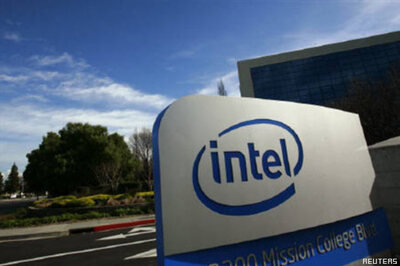
views
BANGALORE: Cringe worthy as it may sound, until the early 80s India had very few institutes dedicated for the study of astrophysics. Graduates wanting to hone their skills in the field had to either do it voluntarily or go abroad. This led to some senior astrophysicists in 1982 mooting a proposal to commence the Joint Astronomy Programme (JAP), with the Indian Institute of Science, Bangalore, as the host institute, a programme which gingerly enters its 30th year of existence.In 1987, two researchers were drafted as lecturers for the then fledgling programme: Prof Arnab Rai Choudhuri and Prof Chanda J Jog, who have been with the JAP till date.Says Prof Choudhuri, “Back then, we did not even have a dedicated computer for our department, for which we had to depend on other departments.” Some of the initial students worked late in the night till dawn to circumvent the problem.He recounts that they also produced seminal theses in the face of such hardship. Also, he recounts that some senior professors weren’t too happy that the programme needed to be independent; an opinion, which, thanks to saner counsel, died down.Prof Chanda rues that research is usually associated with chemistry or biology, but rarely physics. The biggest handicap for this branch of science, the two concur, has been attracting enough talent, as with necessary students, such bodies can justify expenditure for teachers.Prof Choudhuri admits that getting three faculty for the programme in the last 6-7 years has been a monumental achievement. He succinctly sums up the change in government outlook to research.“Earlier, the chances of striking down funding for even technically viable research proposals were very high. Now, if someone needs, say, Rs 20 lakh, they may get at least Rs 15 lakh.”This change in mindset, he adds, is because of the regular release of international research statistics that reveal various trends. Prof Chanda’s suggestion could act as a pointer to where focus is needed, “We have many individual brilliant astronomers, but as collectively we have not made much headway.”ABOUT THE RESEARCHERSProf Arnab Rai Choudhuri is a theoretical astrophysicist working on MHD problems in astrophysics, primarily related to the sun. During his early days, while working at the University of Chicago, he had interacted with the Nobel laureate Subrahmanyam Chandrashekar. A recent research paper of his was selected as “Editors’ suggestion” in Physical Review Letters - one of the world’s highest honours for a physics paper. Among other recognitions, Prof Chanda J Jog was appointed as the chief editor of the Journal of Astrophysics and Astronomy published by the Indian Academy of Sciences, Bangalore, from January 2010.She was also involved in an Indo-French project on the study of galaxies from 2003-07. This project was funded by the Indo-French Centre for Promotion of Advanced Research, New Delhi, and received grade “Excellent” in its final review.FACT FILE■ The JAP boasts of a total of 23 faculty under different disciplines■ Some research papers published here have received as many as 100 citations in various international papers■ On an average, three students graduate from the JAP annually■ Some core areas of the programme are galaxies and interstellar media, hot gases and clusters, fluid mechanics and cosmology



















Comments
0 comment